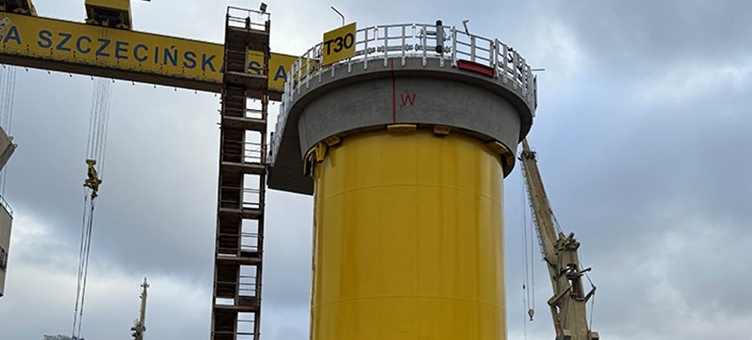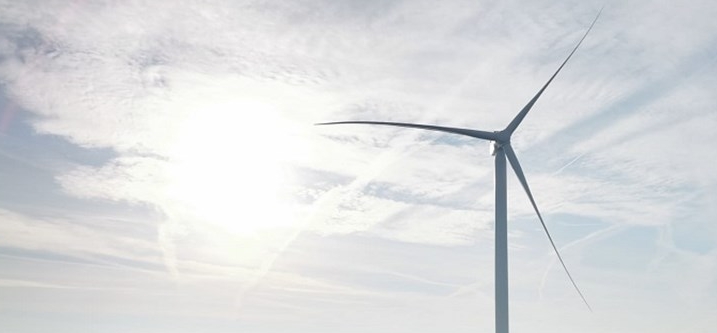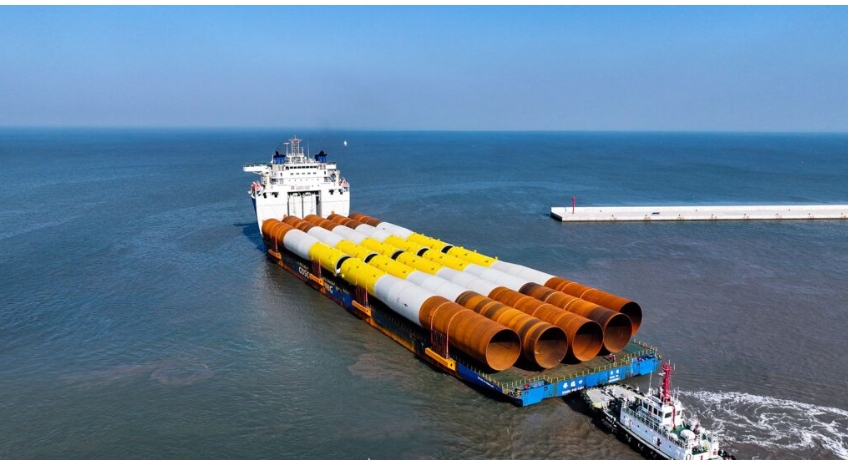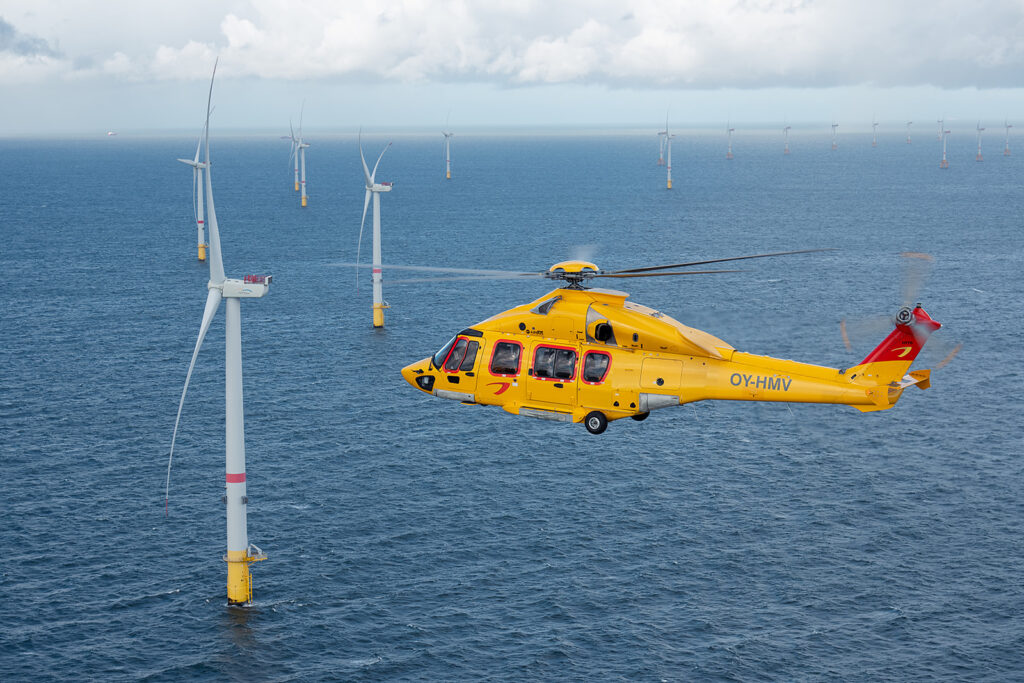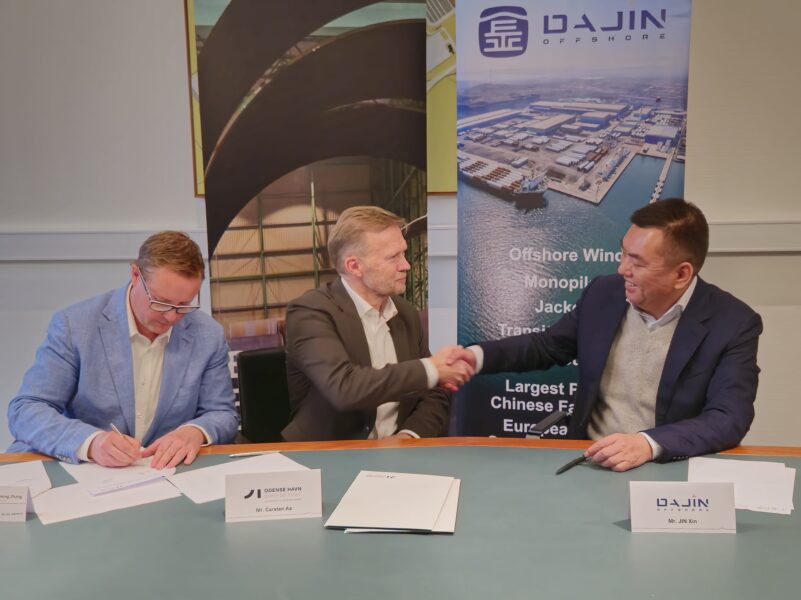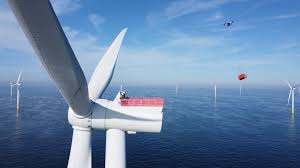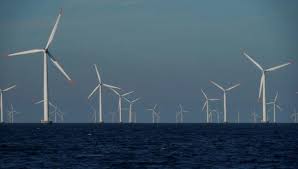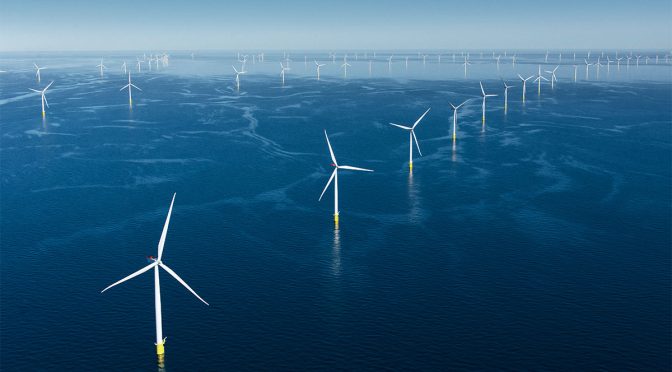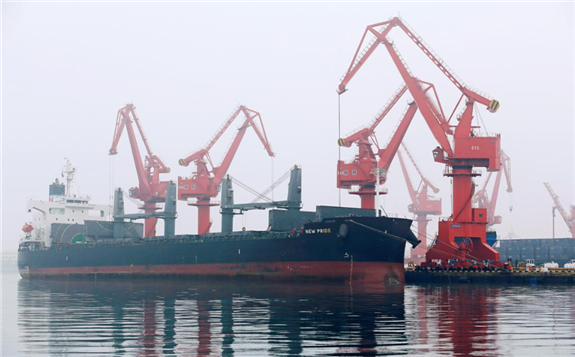
Chinese oil refiners want changes to tax laws on the consumption and sale of fuel oil in order to start producing low-sulphur marine fuel when new global clean fuel rules start in 2020, four executives at Chinese oil companies said this week.
China’s central government must waive a 1,218 yuan (141 pounds) per tonne consumption tax and offer rebates of the 13% value-added tax currently levied on fuel oil to allow the country’s refiners to economically produce the very low-sulphur fuel oil (VLSFO) needed to meet the rules, officials at China Chemical and Petroleum Corp, PetroChina and China National Offshore Oil Co said.
The companies have lobbied Beijing for the tax changes to supply VLSFO for the so-called bonded marine fuel market. New rules from the International Maritime Organization will ban ships from using fuels with a sulphur content above 0.5% from 2020, compared with 3.5% now, unless they are equipped with exhaust scrubbers.
The head of Sinopec’s Jinling Petrochemical refinery asked the Chinese central government in March for the value-added tax rebates and the consumption tax waiver during the National People’s Congress meetings.
“Tax is a key hurdle to release domestic production and expand China’s bonded bunker fuel market,” said Harry Liu, executive director of downstream consulting with IHS Markit.
China Petroleum and Chemical, known as Sinopec (0386.HK), and PetroChina (0857.HK) have announced they will together be capable of producing 14 million tonnes annually of VLSFO in 2020.
That would equal about 6% of the high-sulphur marine fuel oil consumed globally in 2018 and exceeds the current Chinese bunker market of 12 million tonnes annually.
But the officials said it would be uneconomic to produce the VLSFO without the tax changes.
“We’re waiting for the announcement. This is the first priority,” said one of the four sources, a Sinopec marine fuel executive who declined to be named as he is not authorized to speak to the press.
Under the current tax regime, Chinese supplies would be $150 per tonne more costly than supplies from Singapore, an executive with a shipping fuel company based in Zhoushan, on China’s east coast, estimated.
China’s Ministry of Finance, State Taxation Administration and the National Development and Reform Commission, decision markers in the policy, did not respond to requests for comment.
Sinopec and PetroChina did not respond to requests for comment.
The Sinopec executive said 10 of its coastal plants, such as Jinling Petrochemical, Hainan refinery and Zhenhai Refining and Chemical Corp, are ready to produce VLSFO.
Most of these plants have more than one atmospheric residue desulphurisation unit that cuts the sulphur content in residues produced from crude distillation units, allowing the company to produce the VLSFO.
PetroChina will likely use the northeast China-based refineries of Jinzhou, Jinxi, Dalian, and the Guangxi refinery in southern China to produce VLSFO, said two PetroChina refinery sources.
